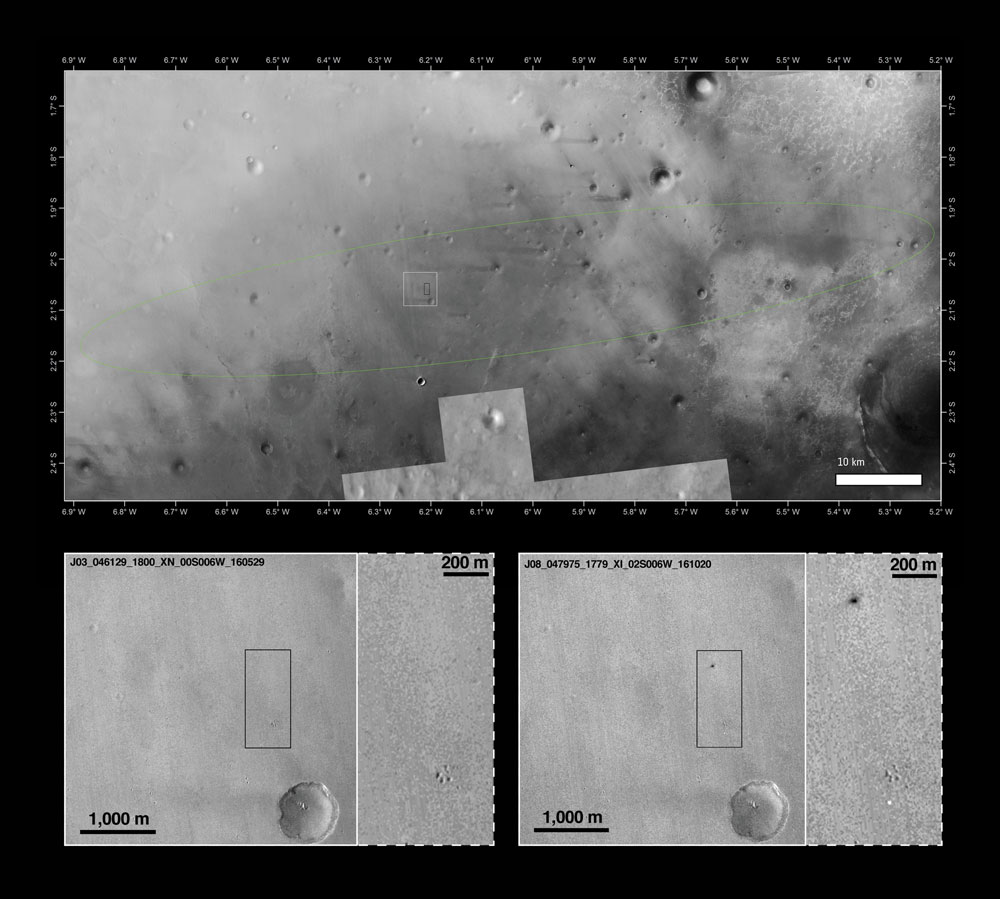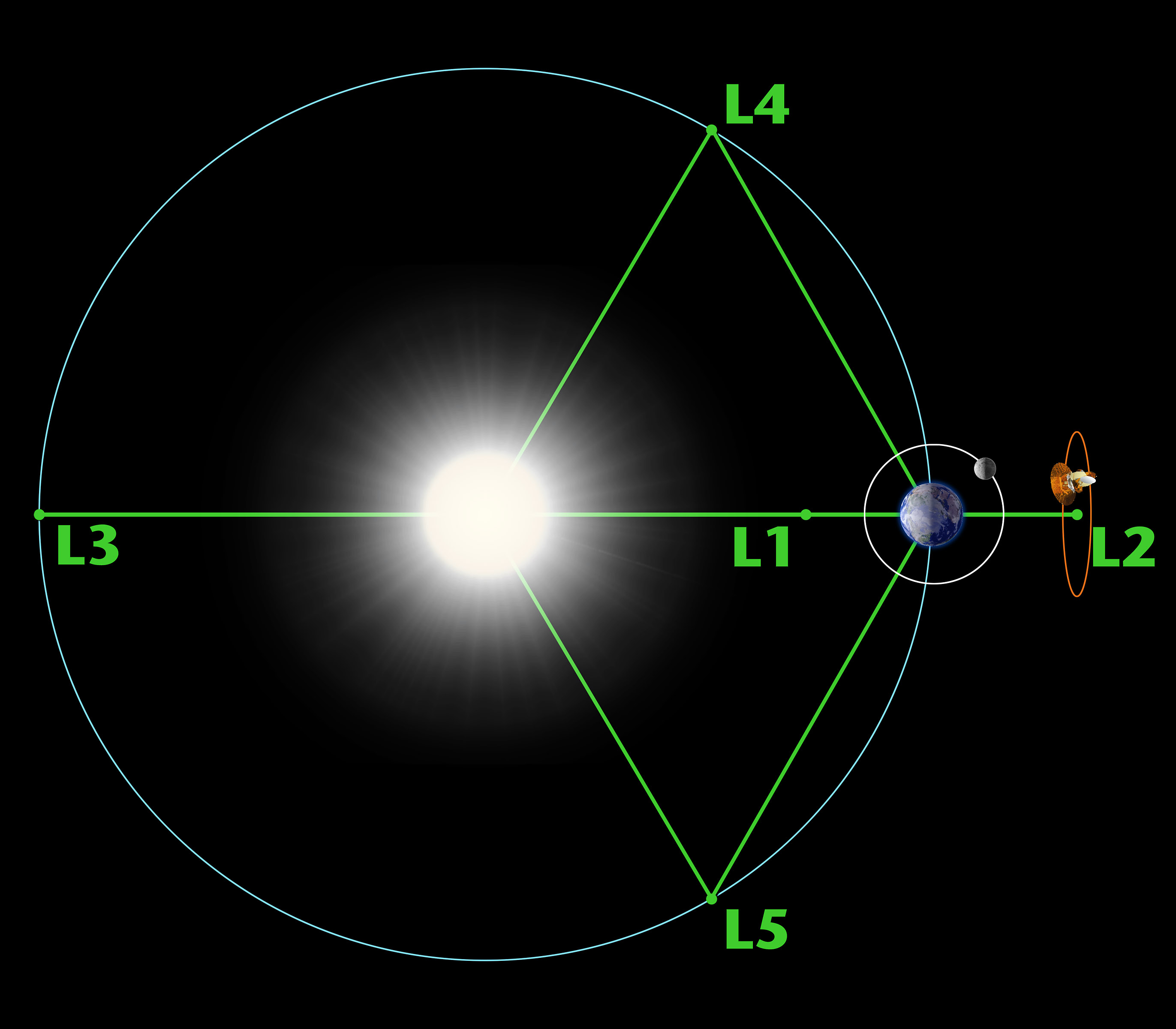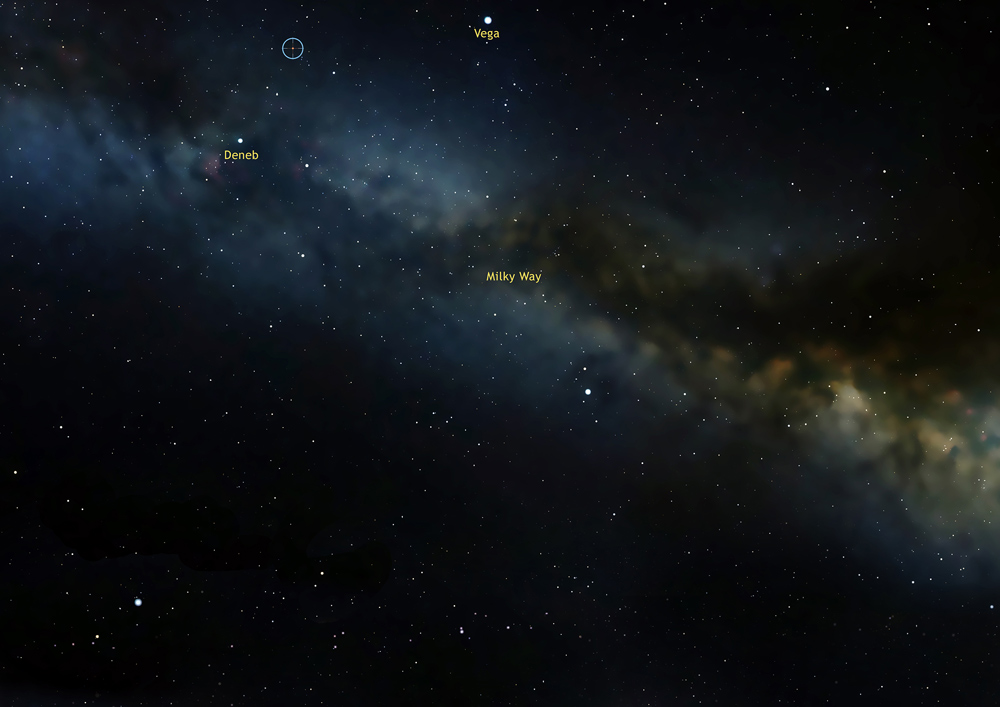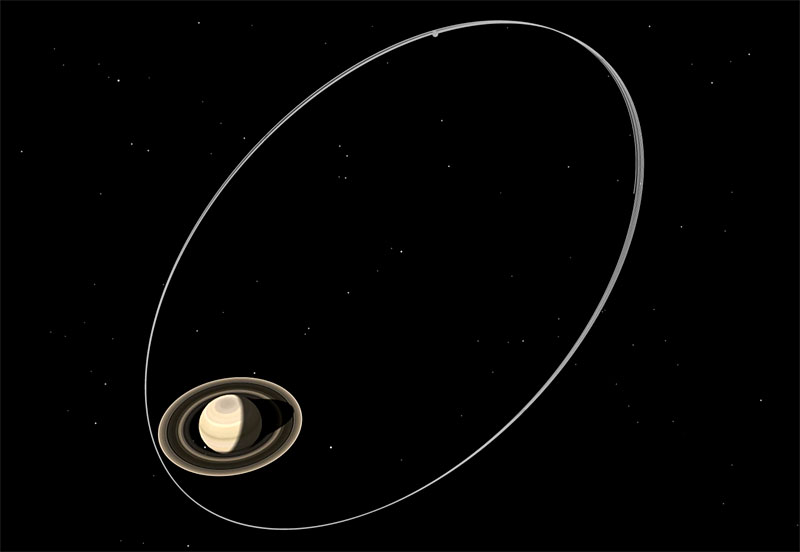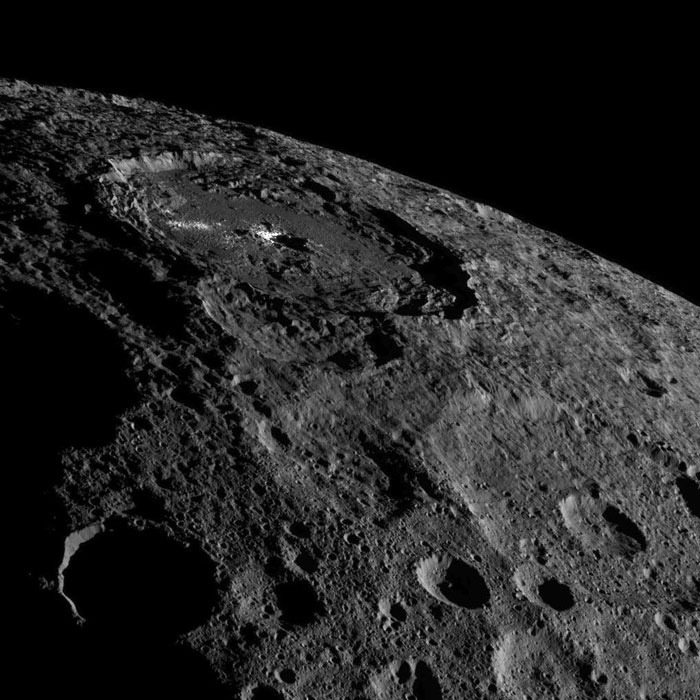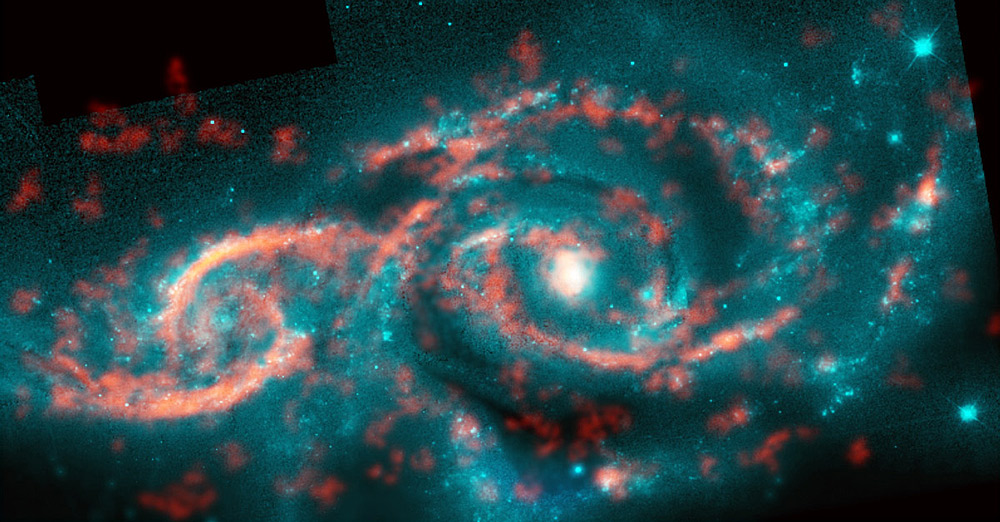papodidi
Geek
«Hubble»-Weltraumteleskop
All hat zehnmal so viele Galaxien wie gedacht
13.10.2016, 19:44 Uhr
...
«Hubble»-Weltraumteleskop: All hat zehnmal so viele Galaxien wie gedacht - NZZ Wissenschaft
Nachdem in einem früheren Beitrag ja bereits festgestellt wurde, dass evtl was mit der durchgängigen Theorie der Chemie im All nicht stimmt, frage ich mich, was diese Entdeckung evtl mit der Physik zu tun hat, z.B. schwarze Materie/Energie???
Mein Lieblings-Freak, Ethan Siegel, hat darauf eine Antwort:
No Number Of Additional Galaxies Can Prevent The Universe From Needing Dark Matter

The Hubble eXtreme Deep Field (XDF), which revealed approximately 50% more galaxies-per-square-degree than the previous Ultra-Deep Field.
Image credit: NASA; ESA; G. Illingworth, D. Magee, and P. Oesch, University of California, Santa Cruz; R. Bouwens, Leiden University; and the HUDF09 Team.
...
The fact that these three wildly independent methods all give the same answer for the density of normal matter is a particularly compelling argument that we know how much normal matter is in the Universe. When you hear a story about more stars, galaxies, gas or plasma being found in the Universe, that’s good, because it helps us understand where that 5% is located and how it’s distributed. More stars might mean less gas; more plasma might mean less dust; more planets and brown dwarfs might mean fewer black holes. But it can’t encroach on the other 27% that dark matter makes up, or the other 68% that dark energy composes.

The percentages of normal matter, dark matter and dark energy in the Universe, as measured by our best cosmic probes before (L) and after (R) the first results of the Planck mission. Image credit: ESA and the Planck Collaboration.
The discovery that there are more galaxies than we’d ever known before better informs us how the matter we have is distributed, but does nothing to change what the matter itself fundamentally is. We’re still on the hunt for exactly what the nature of dark matter and dark energy are, to be sure. From a cosmic perspective, not only don’t these new observations change our picture of what’s out there, but in order for dark matter and dark energy to be wrong, something would have to be off about what we’ve already seen. Nevertheless, we have no choice but to keep looking. The mysteries of nature might not yield easily, but neither does human curiosity.
Forbes Welcome
